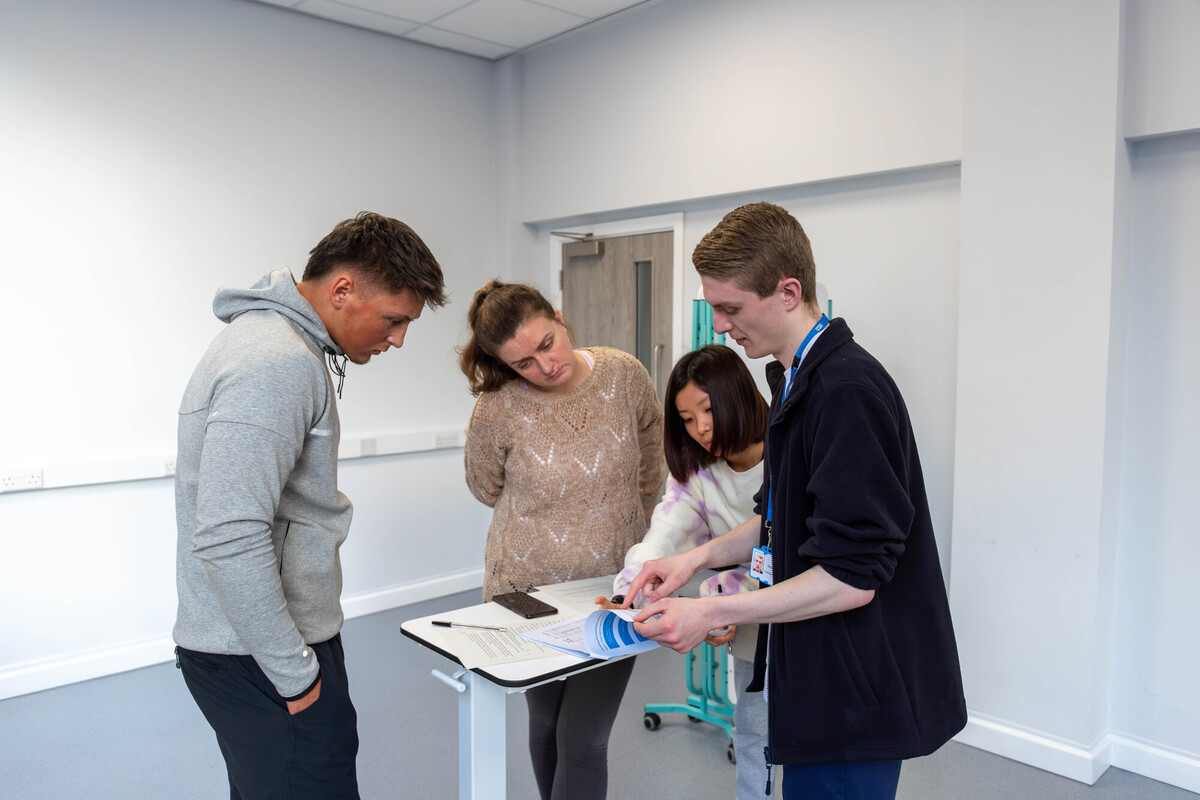2:2honours degree
Applications are invited from graduates who have completed an undergraduate BSc degree (minimum 2:2 honours or equivalent), in human nutrition, biological science, or health science. The degree must contain components of biochemistry and physiology.
Applications will be considered from those with other science degrees, providing the applicant has a minimum 2:2 honours (or equivalent) and science A Levels.
2:2honours degree
Applications are invited from graduates who have completed an undergraduate BSc degree (minimum 2:2 honours or equivalent), in human nutrition or biological/health science. The degree must contain components in biochemistry and physiology.
Applications will be considered from those with other science degrees, providing the applicant has a minimum 2:2 honours (or equivalent) and science A Levels. Please note, some programmes have special entry requirements.
English Language Requirements
Please note, applicants whose first language is not English must demonstrate they can meet the following English language criteria for this programme:
- IELTS 6.5 (no less than 6.0 in each band) or equivalent.
For more information on our English Language requirements, please visit International Entry Requirements.






